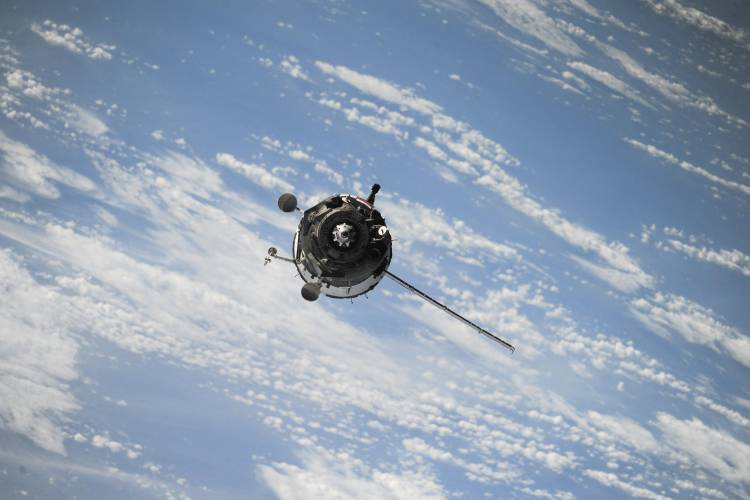
The private segment in India’s space sector is experiencing a pivotal moment, highlighted by the historic achievement of Chandrayaan-3’s soft landing on the moon last year. Data from the Indian Space Association (ISpA) reveals that space startups in India secured funding amounting to $124 million by the end of November, marking an increase from $120 million in 2022. This growth in investment, from $67 million in 2021 and $23 million in 2020, underscores the rising confidence in the sector.
Following the success of the Chandrayan project, the Indian space sector has seen significant expansion, with 54 new startups emerging in the last year alone, bringing the total to 204. This is a substantial increase from the 82 startups present in 2020. Despite the optimism fuelled by Chandrayaan-3 success and new space policies, scepticism remains among private investors regarding space ventures, due to the numerous challenges facing the industry. The achievements of Chandrayaan-3 have not immediately translated into increased private sector participation in the space race.
READ | Indian economy embraces AI, but can it tackle inequality?
As the government prepares to unveil the interim budget, the private space industry is eager for measures that would stimulate growth. There are high hopes for the government to approve Foreign Direct Investment (FDI), implement a Production-Linked Incentive (PLI) scheme for satellites, launch vehicles, and ground equipment, and to grant GST exemptions for these products. The industry is advocating for FDI through an automatic route similar to the defence sector, with discussions around allowing up to 74% FDI to significantly bolster the sector.
India’s space sector wish list
The private space industry in India is keenly awaiting the introduction of a PLI scheme, particularly for satellite manufacturing, to enable the country to fully develop satellites domestically and increase exports. Additionally, the government is encouraged to extend GST exemptions to launch vehicles, reflecting the new reality of private space ventures in India. Beyond launch vehicles, GST exemptions should also cover the procurement of essential inputs. A clear and effective policy and regulatory framework, beginning with the swift passage of the Space Activities Bill in Parliament, is a top priority. This legislation would clarify the roles and legal standing of various stakeholders.
The space sector demands substantial capital investment, with most products being custom-made. A stable and lasting commitment from the government, ensuring a reliable demand for space-related products and services, is crucial for encouraging private investment and growth. The government’s assurance of long-term demand could significantly boost the sector’s willingness to invest.
Following Skyroot Aerospace’s distinction as the first private rocket company, the government is keen to attract more private investment in space. The formation of IN-SPACe in June 2020 and the approval of the Indian Space Policy in April 2023 aimed to enhance private sector access to space, making the sector more democratic and less regulated.
Currently, numerous Indian companies are engaged in developing technologies for launch vehicles, spacecraft, and innovative space applications. ISRO’s collaboration with private stakeholders for future heavy launch rockets and NSIL’s partnership with Hindustan Aeronautics Ltd (HAL) and Larsen & Toubro for PSLV rockets highlight this trend.
However, to elevate India’s space sector to global prominence, further efforts are needed, particularly in capacity building and end-to-end systems development, with academia’s support. Despite significant progress, India is yet to match the likes of SpaceX and Blue Origin.
The active involvement of the private sector is essential for India to advance in the global space economy, where India’s current share is only about $8 billion of the estimated $447 billion global space industry, according to McKinsey. Enhancing private sector participation, with ISRO’s support for startups, is critical for growth.
The Indian National Space Authorization Centre (IN-SPACE) aims to increase India’s share to 8% by 2033 and 15% by 2047, coinciding with the 100th year of India’s Independence. Buoyed by the success of the Chandrayaan-3 mission on August 23, 2023, ISRO is now poised to establish the first Indian Space Station by 2035.
